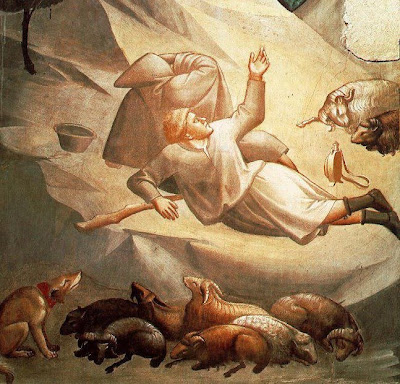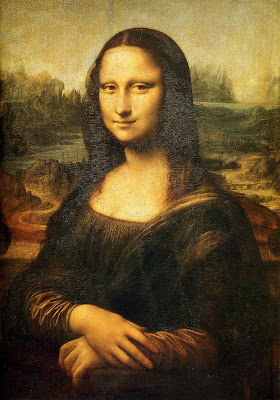First we primed out board with layers of white diluted acryilic paint. After sanding lightly with a 400 sandpaper, we brought our drawings and traced it with a soft pencil on tissue paper. We then flipped the image over and retracted the lines so the imprint of the lead would stick to our board.
Unfortunately, I was unable to use this technique effectively and smeared lead all over my wooden panel. I then chose to simply redraw the sketch onto my panel. This proved to be much faster, as i did not have to redraw the image twice; once for the tissue paper and the second to imprint it on the panel.
With a finished drawing on my board, we were given a choice between acrylic or oil paint. I chose oil paint even though it was a different medium and had a infamous record for smearing everything with pigment.
Oil Paint proved to be very good as the paint would take a few days to cure, so i could practice wet-on-wet techniques. This made mixing shades way easier.
I got to a certain point where i covered a majority of the panel with paint, i then started to draw finer details into it. using black and purple, i created shadows and gave the appearance of depth.
I then chose, on a whim, to paint the road blue, turning it into a river.
After some more painting, I finished my master piece. It was good.







